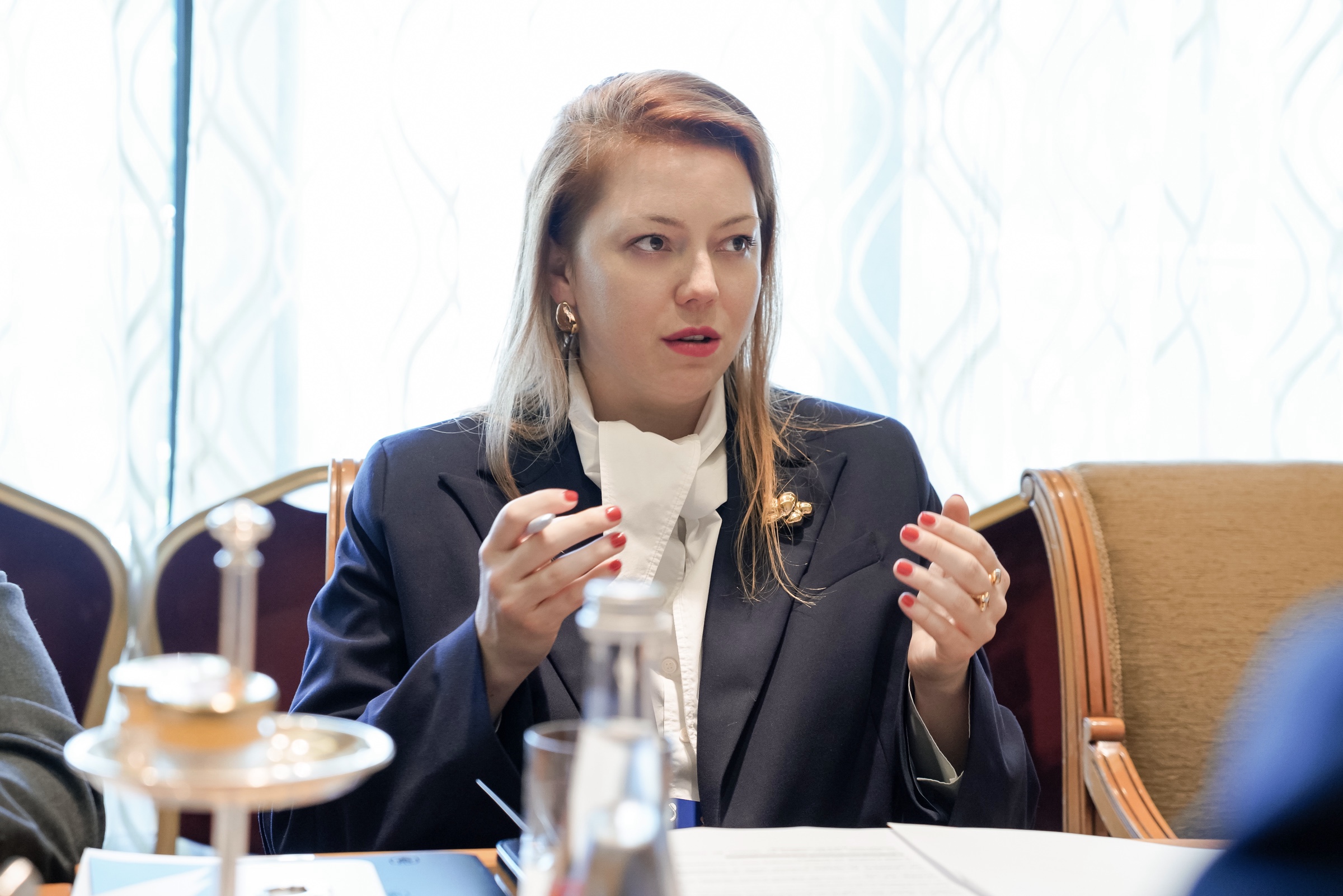First Deputy Minister for Communities and Territories Development of Ukraine, Alyona Shkrum, held a bilateral meeting with Wolfgang Anzengruber, Austria’s Government Coordinator for the Reconstruction of Ukraine. The meeting took place during the 3rd International Summit of Cities and Regions, held on June 6 in Kyiv.
The sides discussed strengthening cooperation in reconstruction and EU integration, focusing in particular on energy support and the modernization of transport infrastructure.
In the energy sector, they addressed the Ministry's initiatives on decentralizing heat supply, improving energy efficiency, and implementing projects with partners such as the World Bank and the European Investment Bank (EIB). They also discussed support for building thermal modernization, with special emphasis on the Ministry’s recent introduction of NZEB (Nearly Zero Energy Buildings) standards in 2024.
“We invite Austria to take part in developing NZEB projects. We are interested both in financial support and technical cooperation — including training programs for engineers, designers, and builders, as well as creating educational centers equipped for this purpose. Considering the workforce shortage and the need to retrain veterans, this will not only advance energy efficiency and the construction sector but also have a strong social impact by helping veterans return to civilian life and start new careers,” said Alyona Shkrum.

Ukraine also proposed cooperation in railway transportation, including potential projects between Ukrzaliznytsia and Austrian companies Siemens Mobility, Voestalpine, and Plasser & Theurer, as well as the possible transfer of nine Velaro electric trains.

The discussion also included regional development and reconstruction. Both parties emphasized how Austria could help Ukrainian communities become more resilient and effective — for instance, by providing training and expert support so that local authorities can successfully implement projects according to EU standards and access structural funds.
Alyona Shkrum also thanked Austria for its assistance since the beginning of the full-scale invasion, which has amounted to around €789 million, and expressed hope for continued support from Austria’s new government — both bilaterally and within the broader EU framework.





















